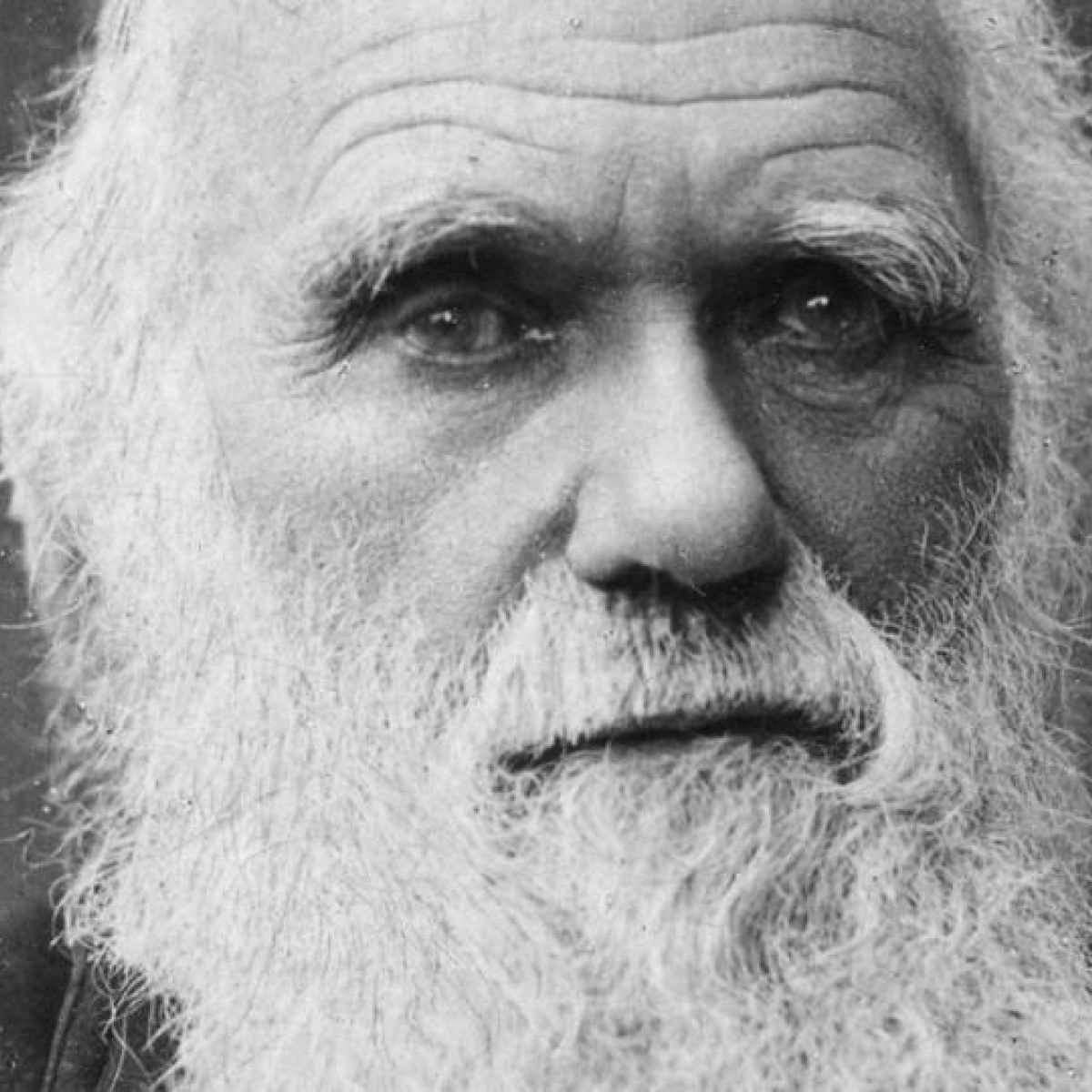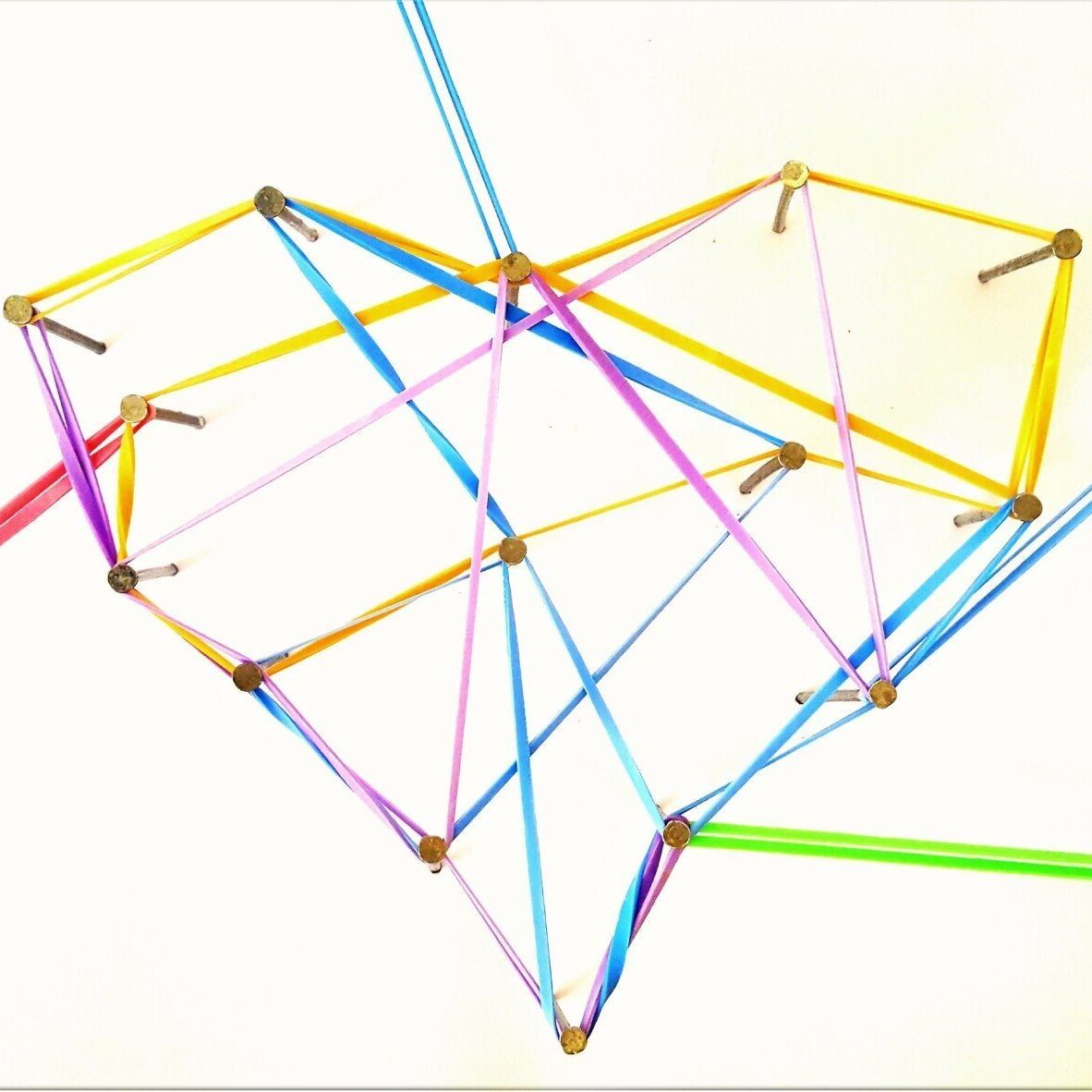What’s love got to do with it?
From ‘survival of the fittest’ to compassionate connection
with Richard Watson
*** LIVE STREAMING VIDEO RECORDINGS PAGE ***
* Scroll Down *

What’s love got to do with it?
From ‘survival of the fittest’ to compassionate connection
with Richard Watson
*** CLICK ON THE VIDEOS BELOW TO VIEW ***
‘Survival of the fittest’ is not just a theory of biological evolution, it’s a worldview. The underlying assumption is that self-interest and competition is not only natural and unavoidable, but actually desirable and necessary for any kind of ‘progress’ or ‘improvement’. This assumption drives policies of unlimited growth and unsustainable exploitation that are catastrophically damaging to us as individuals, to our global community, and to other living things and the biosphere. But now a new explanatory framework for creative adaptation in biological systems is emerging which turns the underlying assumption on its head. It shows what the ancient wisdom traditions knew all along – that ‘compassionate connection’ (love) is more creative than ‘survival of the fittest’ (self-interest). This new view of the natural world offers an antidote to competition-based mindsets and provides a new scientific foundation for these ancient spiritual wisdoms.
This course seeks to bring together the ideas of this new science and these worldviews to relieve the tension between self-interest and our impact on one another and the world around us. The focus will be both on presented material and what we can learn from each other to move into compassionate connection.
The four-week course (4 x 2 hours each) will cover:
1) ‘Survival of the fittest’ as a biological theory and a worldview.
- the Darwinian principles of natural selection (in biology)
- its scope and limits: what can and cannot be adapted by natural selection
- ‘the virtues of selfishness’ - survival of the fittest as a worldview for everything
2) ‘More than the sum of the parts’; connections, learning and transformation.
- connectionist theories of learning – adaptive transformation without differential survival or growth
- from the intelligence of parts to the intelligence of the whole – how connections create distributed knowledge and collective wisdom
- what kinds of systems can ‘learn’? – intelligence with and without brains
3) How nature learns; intelligence without brains, from cells to Gaia.
- from natural selection to ‘natural induction’ – how networks learn spontaneously
- can Gaia ‘learn’? - expanding the scope of adaptation from microbes to planets
- from ‘me vs you’, to us, to dissolving egos: natural induction in social systems
4)
Design principles: How to nurture systemic intelligence (and alleviate isolation, greed and unsustainable exploitation).
- how competition and utility-maximisation destroys systemic intelligence
- the importance of ‘pulse’ – the myth of one-shot learning
- strategies that nurture and tend to our intelligent self-organisation
- the relationships between us: inviting the worldview we choose, and nurturing systemic intelligence in the systems you care about
Richard Watson, is an associate Professor in artificial intelligence and theoretical evolutionary biology at the University of Southampton in the UK. His research has developed an extensive unification of evolutionary theory and learning theory which he uses to address big questions about life, learning, evolution, cognition and love. His current work – explored in this course – uses this scientific foundation to unify opposing worldviews and support a more harmonious and compassionate way of life for individuals, the global community and the biosphere.
More information:
www.richardawatson.com/courses




